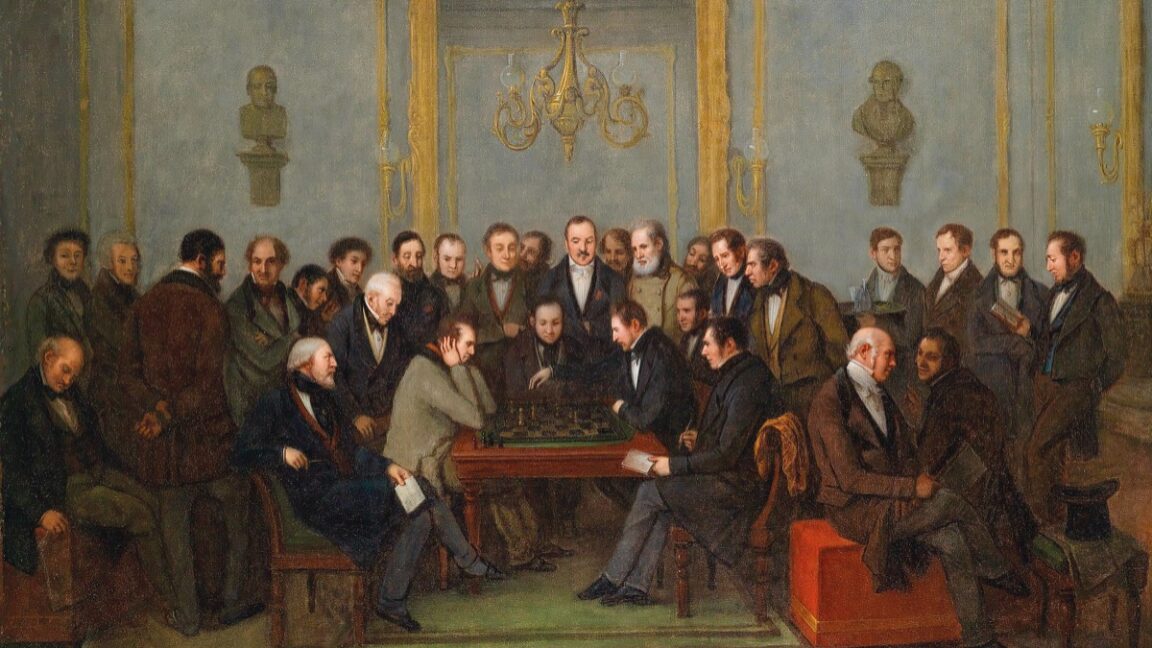The game of chess has long been central to computer science and AI-related research, most notably in IBM’s Deep Blue in the 1990s and, more recently, AlphaZero. But the game is about more than algorithms, according to Marc Barthelemy, a physicist at the Paris-Saclay University in France, with layers of depth arising from the psychological complexity conferred by player strategies.
Now, Barthelmey has taken things one step further by publishing a new paper in the journal Physical Review E that treats chess as a complex system, producing a handy metric that can help predict the proverbial “tipping points” in chess matches.
In his paper, Barthelemy cites Richard Reti, an early 20th-century chess master who gave a series of lectures in the 1920s on developing a scientific understanding of chess. It was an ambitious program involving collecting empirical data, constructing typologies, and devising laws based on those typologies, but Reti’s insights fell by the wayside as advances in computer science came to dominate the field. That’s understandable. “With its simple rules yet vast strategic depth, chess provides an ideal platform for developing and testing algorithms in AI, machine learning, and decision theory,” Barthelemy writes.
